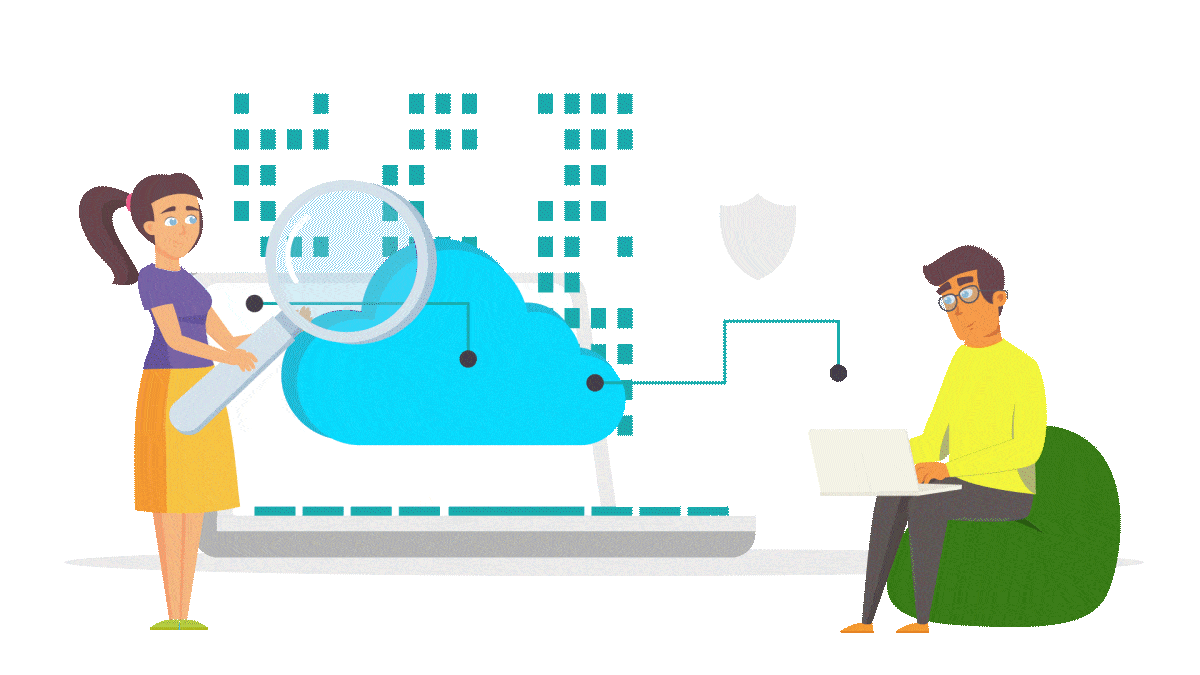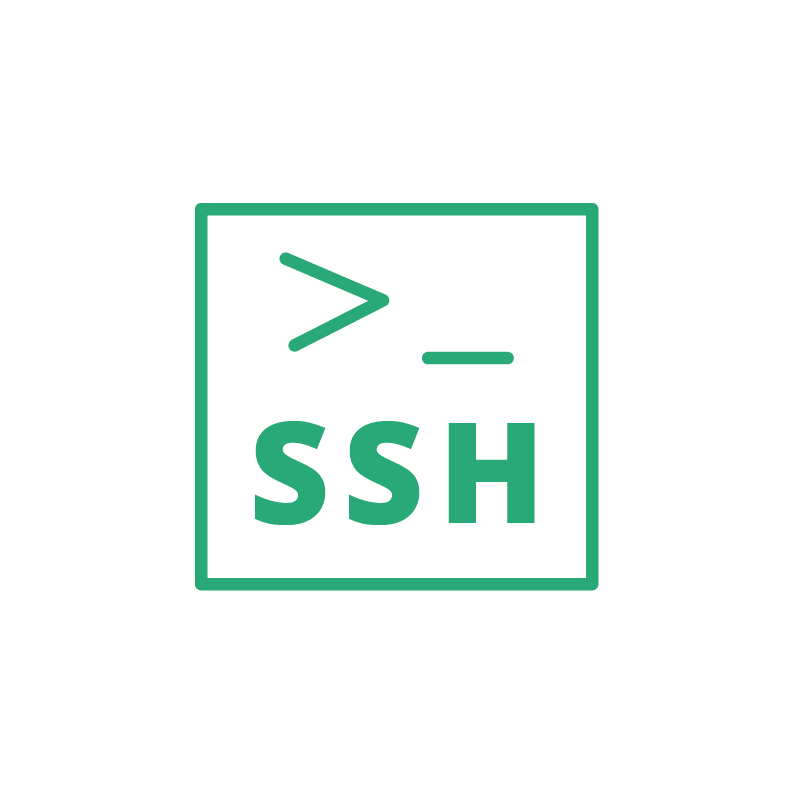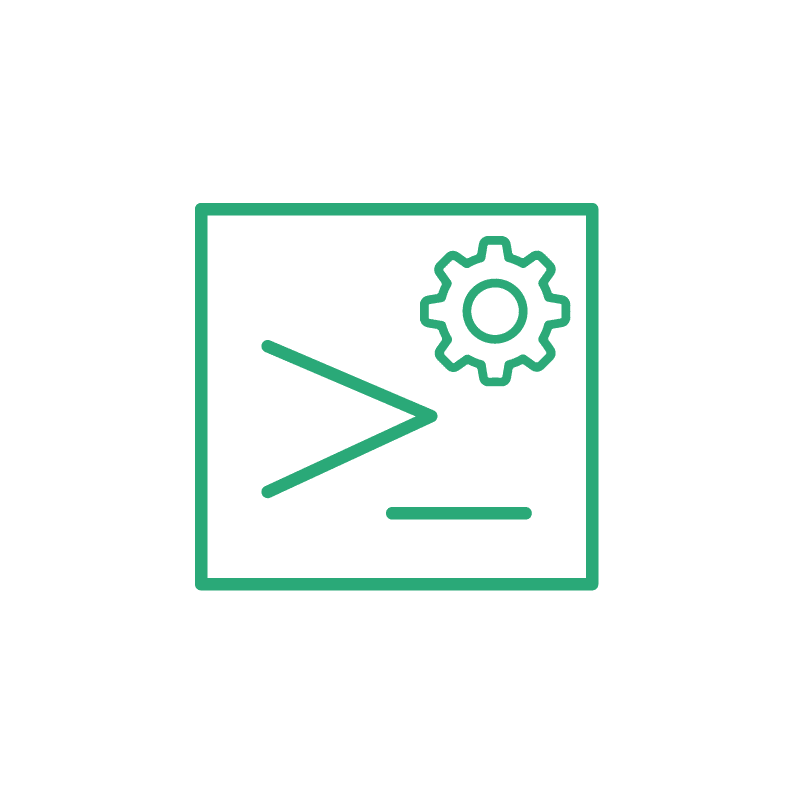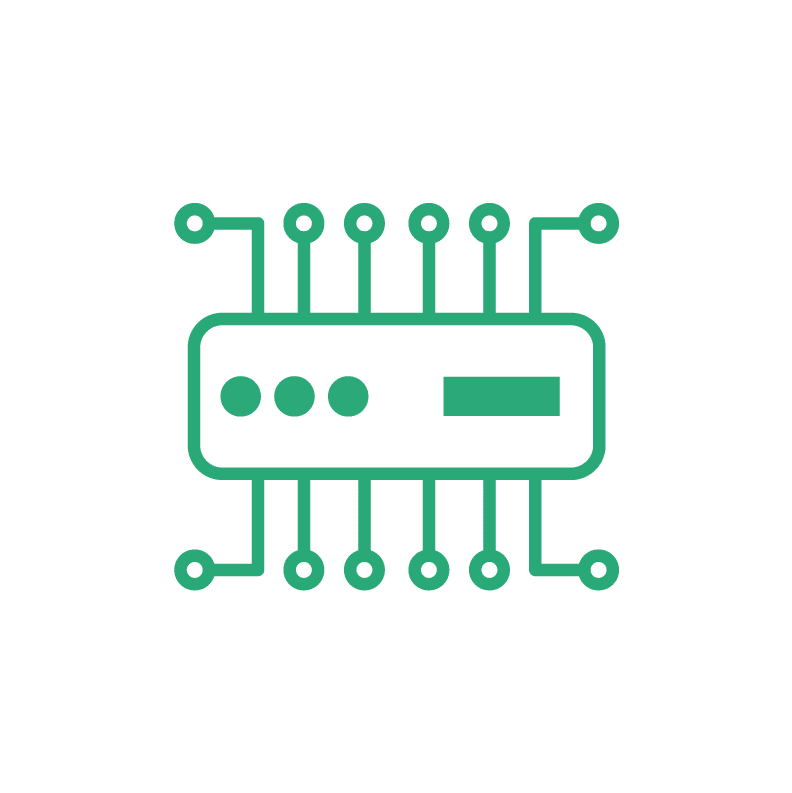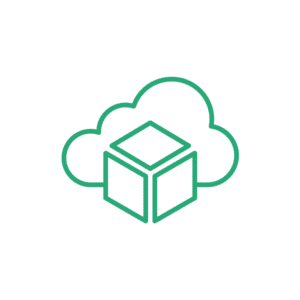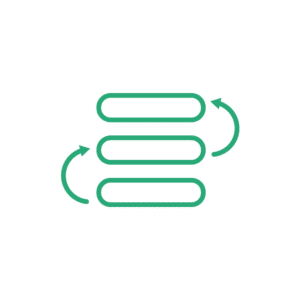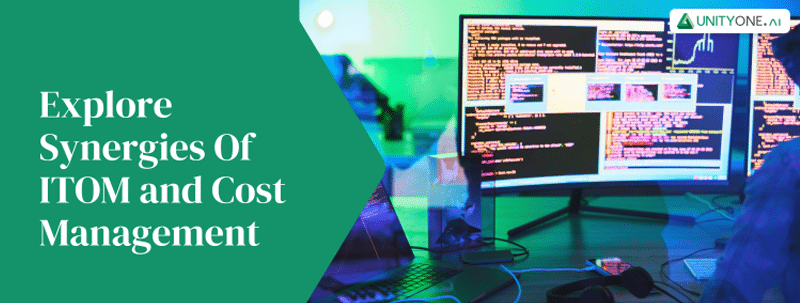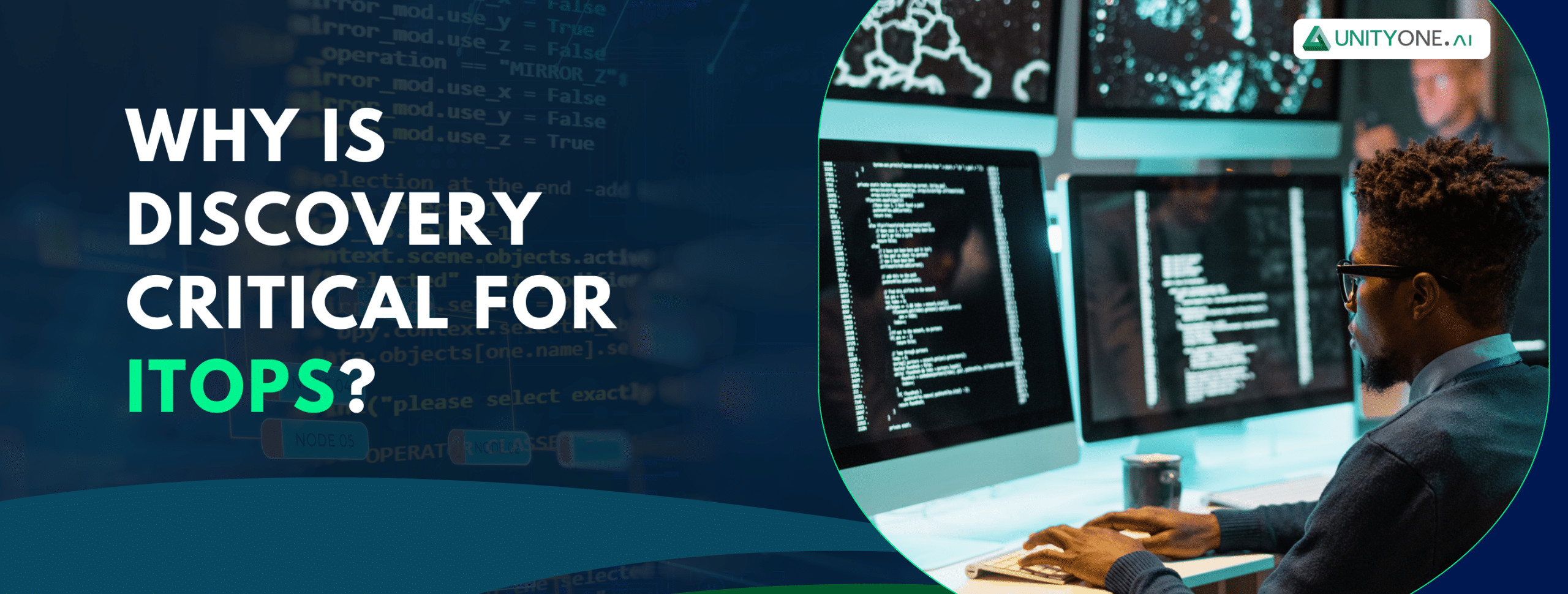Different UnityOne.AI discovery methods
How UnityOne.AI’s multicloud discovery works?
UnityOne’s Multicloud discovery operates using a robust collector architecture that efficiently gathers data across all your cloud environments. This architecture enables customers to frequently set up their scans, ensuring that new discoveries are continually made and your resource inventory remains up-to-date.
Unlocking UnityOne.AI Unified Multicloud Discovery
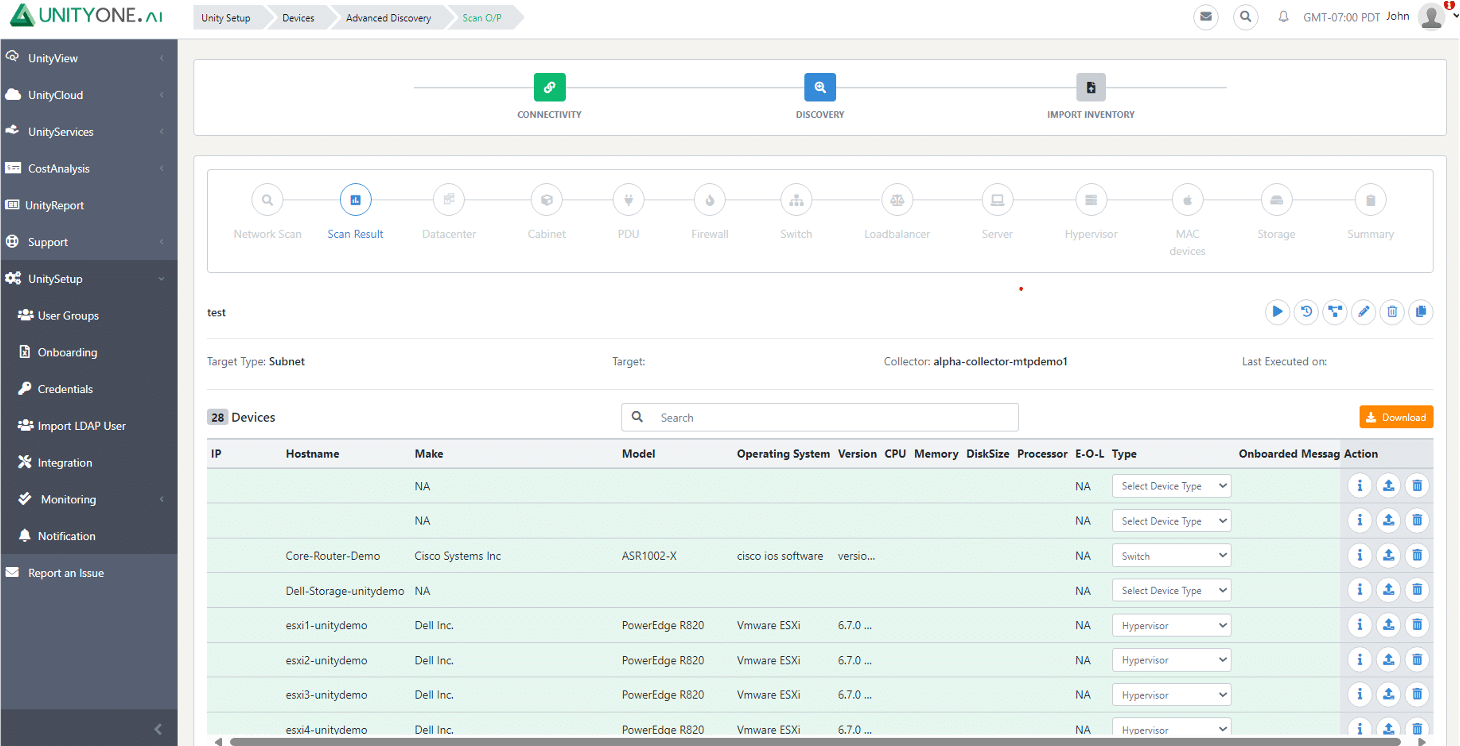
UnityOne Onboarding
Offers a seamless and efficient way to integrate new devices into your network. Utilizing advanced scan collectors, it identifies and compiles a comprehensive list of device attributes. Key details such as hostname, model number, operating system, CPU specifications, memory, disk space, and processor information are meticulously cataloged. This robust system not only presents this data but also allows users to modify critical attributes. You can adjust the CPU count, core count, memory capacity, data center selection, operating system type, disk size, virtualization type, and serial number. You gain precise control over your device configurations, ensuring optimal performance and alignment with your network requirements.
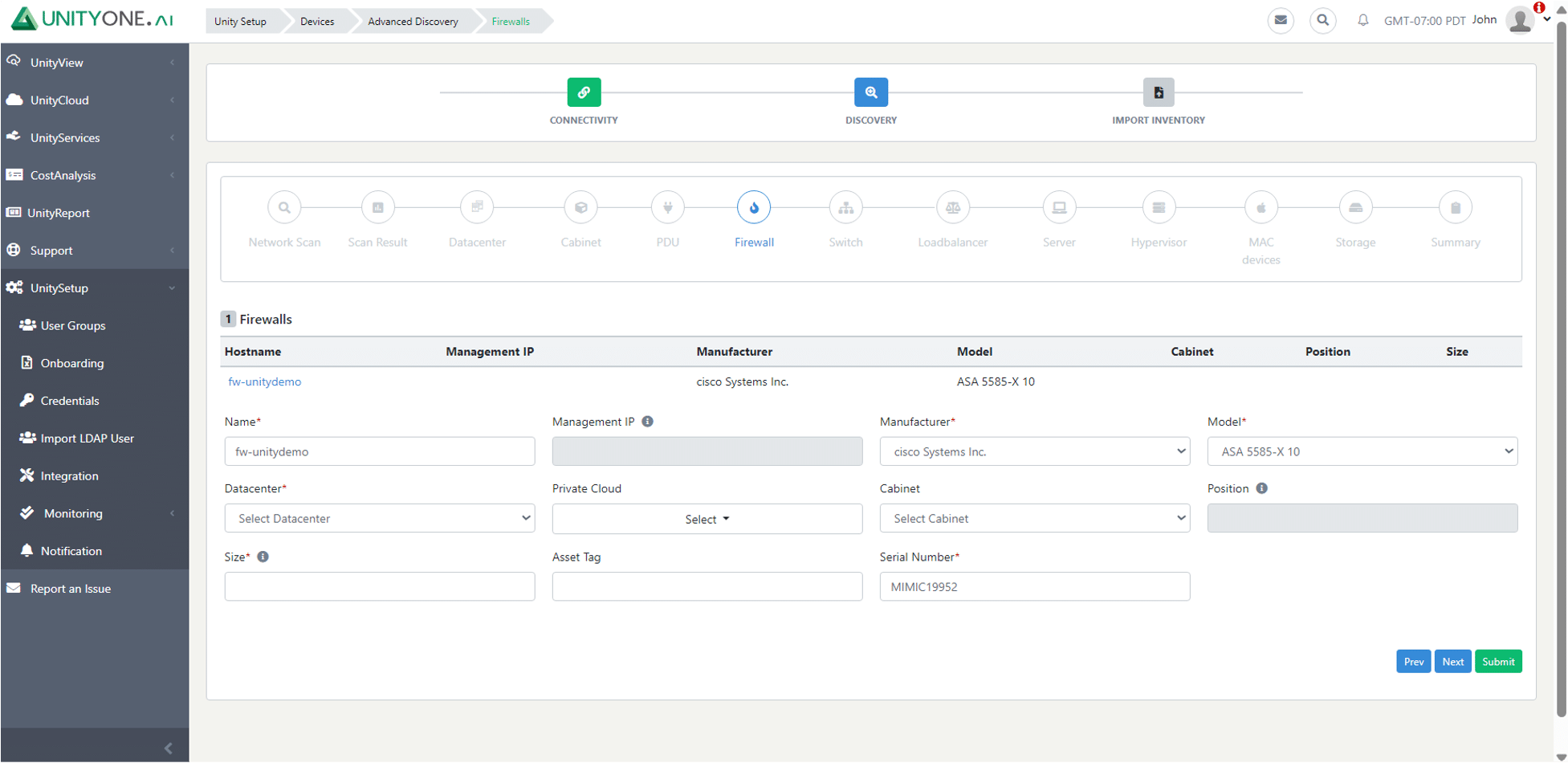
Network Device
UnityOne leverages SNMP, IPMI, SSH, WMI, and REST APIs—the industry standards for network equipment—to deliver comprehensive discovery capabilities for identifying and tracking both physical and logical components, revealing their intricate relationships and interdependencies. Our automated network discovery constructs your Layer 2 (L2) network environment by importing detailed network data on:
– Switches, routers, and firewalls inventory
– IP-to-MAC address relationships
– MAC address-to-switch port relationships
– VLANs/subnets
Additionally, SNMP discovery extends to SAN storage inventory, data collection, and supports console switches and other SNMP-based devices. UnityOne’s SNMP discovery includes support for v1, v2c, and v3.
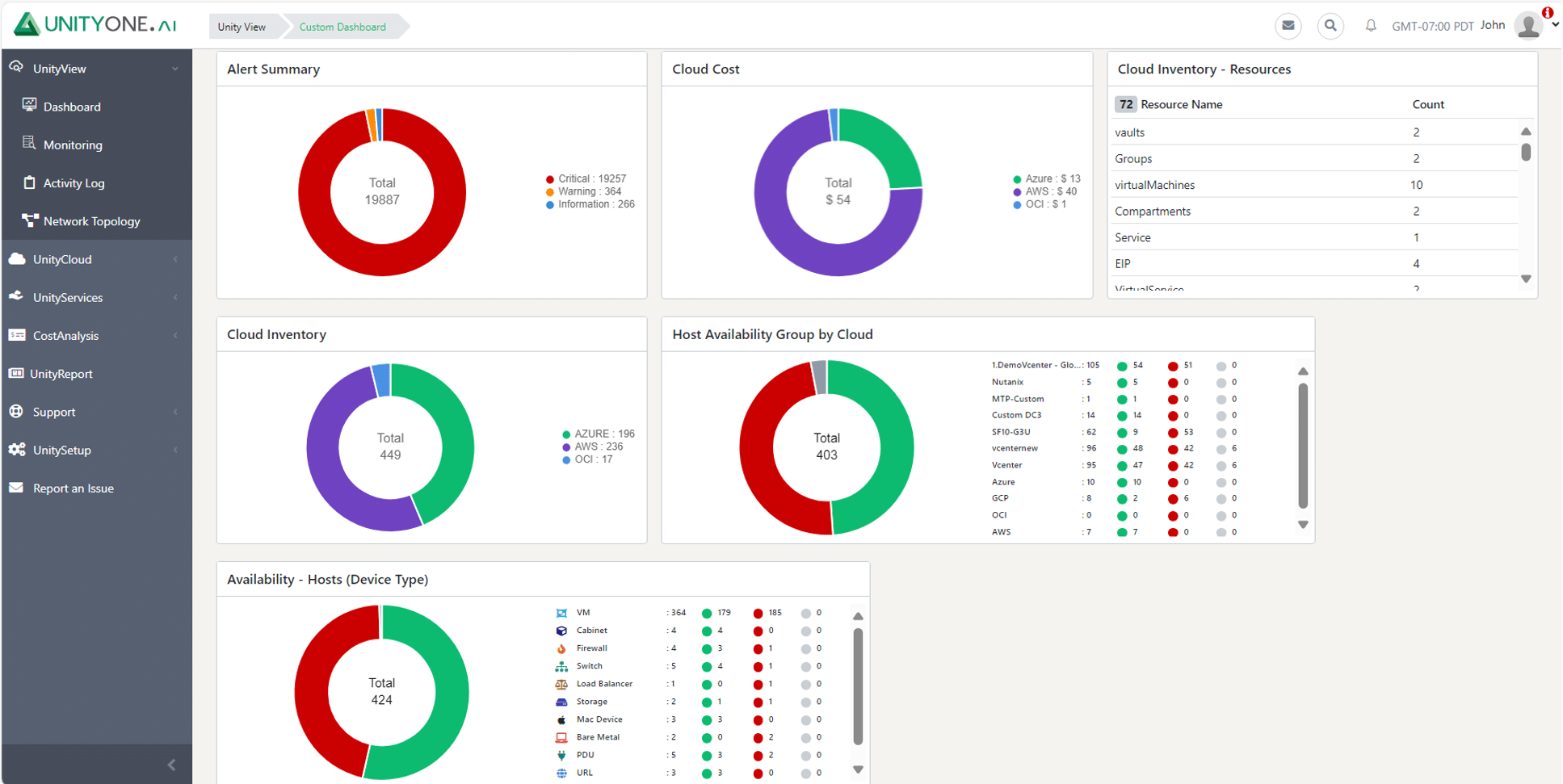
Cloud Discovery
Supports auto–discovery of cloud instances and resources across leading platforms including Amazon AWS, Microsoft Azure, Google GCP, Oracle Cloud, and OpenStack. It effortlessly identifies your cloud virtual machines, databases, and storage devices, allowing you to define application components, and create custom keys just as you would for any physical or virtual device. By querying the cloud-native APIs, UnityOne gathers a comprehensive inventory of all relevant resources in your accounts. It then applies OS, database, and other discovery methodologies to provide a complete, unified view of your cloud resources.
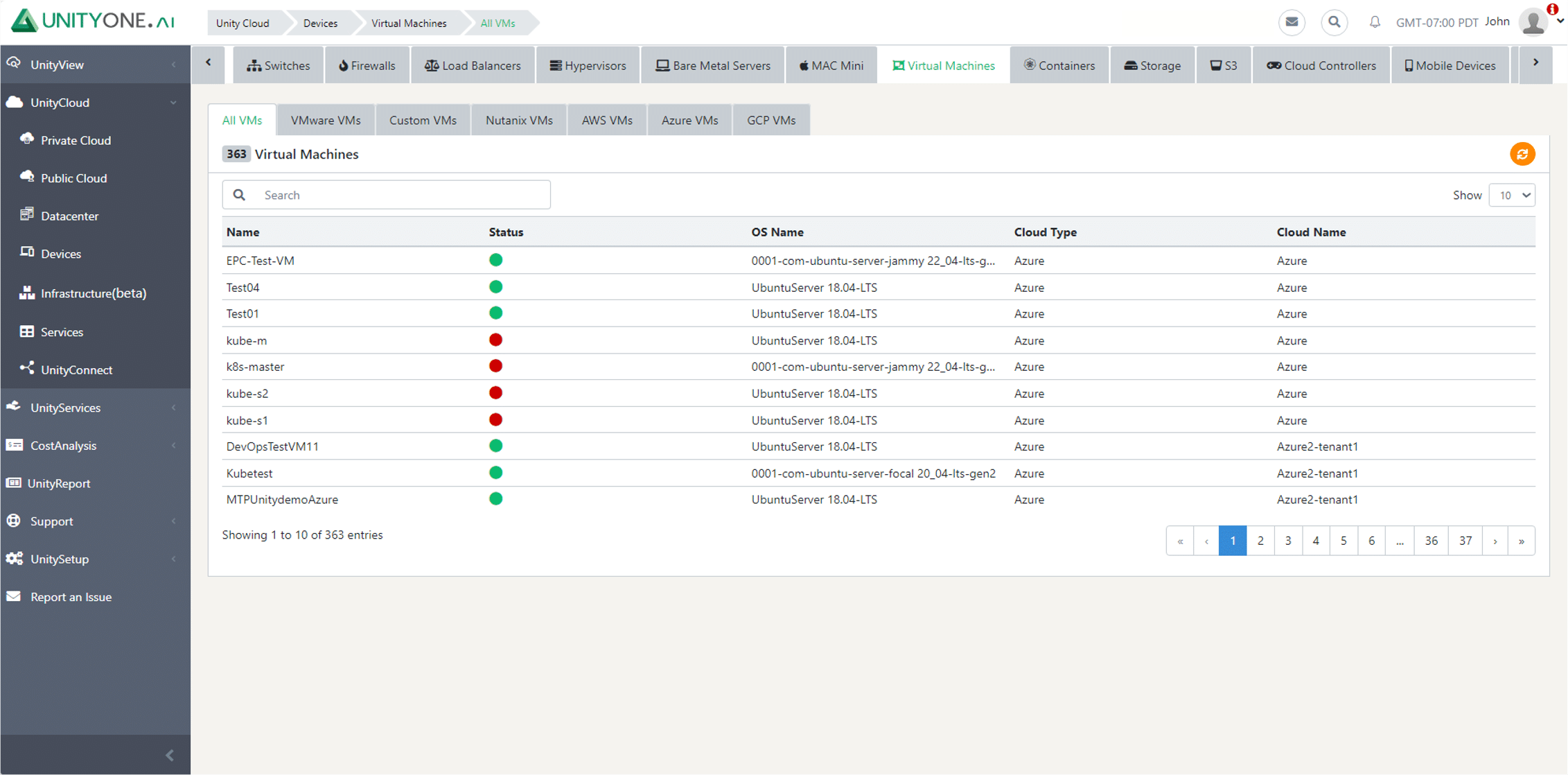
Operating System
Offers seamless integration across Windows, Linux, and UNIX platforms, including Ubuntu and RedHat. The data collected encompasses core information such as hostname, serial number, hardware model, and CPU, memory, and hard disk details. It also includes detailed operating system information with version numbers and build details, IP and MAC addresses and their relationships, installed software, system services, and port maps.
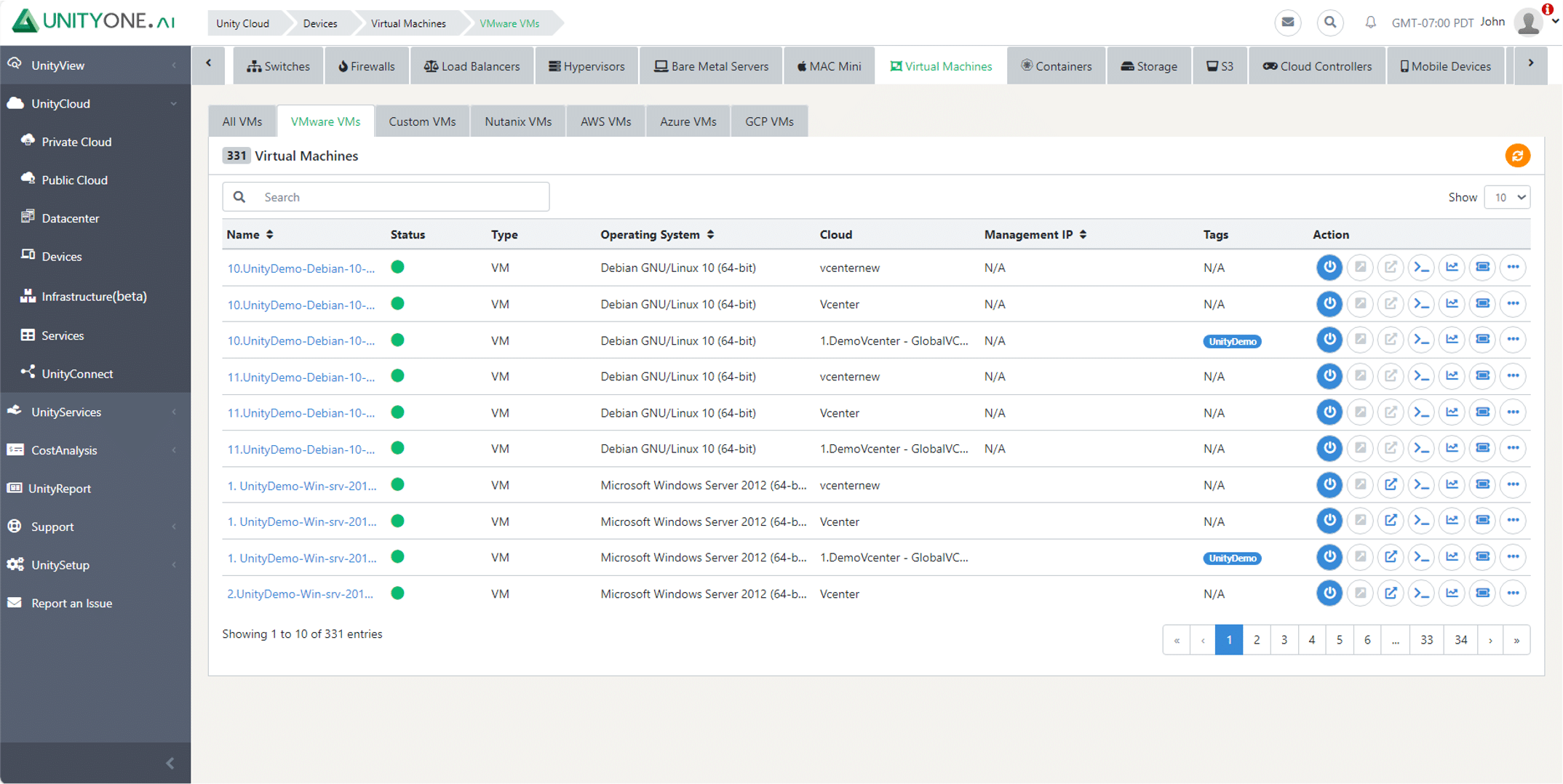
Virtual Machines
Provides complete visibility into your virtualized environment by seamlessly integrating with your hypervisors to collect detailed host and VM information. This ensures that your VM documentation remains up-to-date, even as VMs migrate across hosts. Supported platforms include KVM, Docker, Hyper-V, OpenStack, and VMware vCenter and/or ESXi, allowing for comprehensive monitoring and management of your virtual infrastructure.
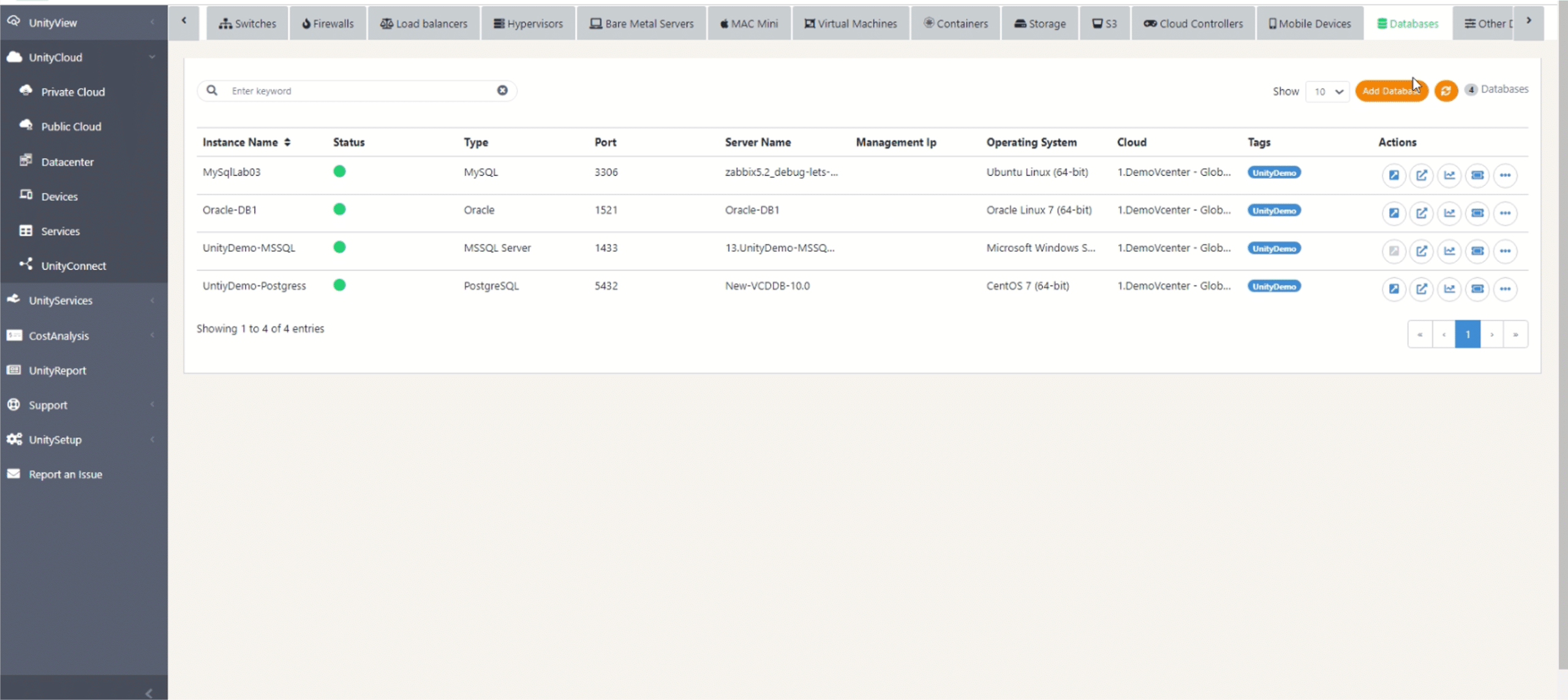
Database Discovery
Provides comprehensive insights into various types of databases. It discovers serverless databases such as Azure SQL, GCP Cloud SQL MSSQL, GCP Cloud SQL MySQL, GCP Cloud SQL PostgreSQL, and Azure Microsoft SQL. It also supports NoSQL databases like MongoDB, Cassandra, and Redis, distributed databases such as Memcached and Apache Ignite, and column-oriented DBMS like ClickHouse. UnityOne allows you to explore databases on these instances, providing in-depth database connection and size statistics. You can navigate connections to each database instance, accessing detailed connection information. Additionally, UnityOne uncovers further details, including server start time, CPU count, memory information, and more, offering a thorough understanding of your database environments.
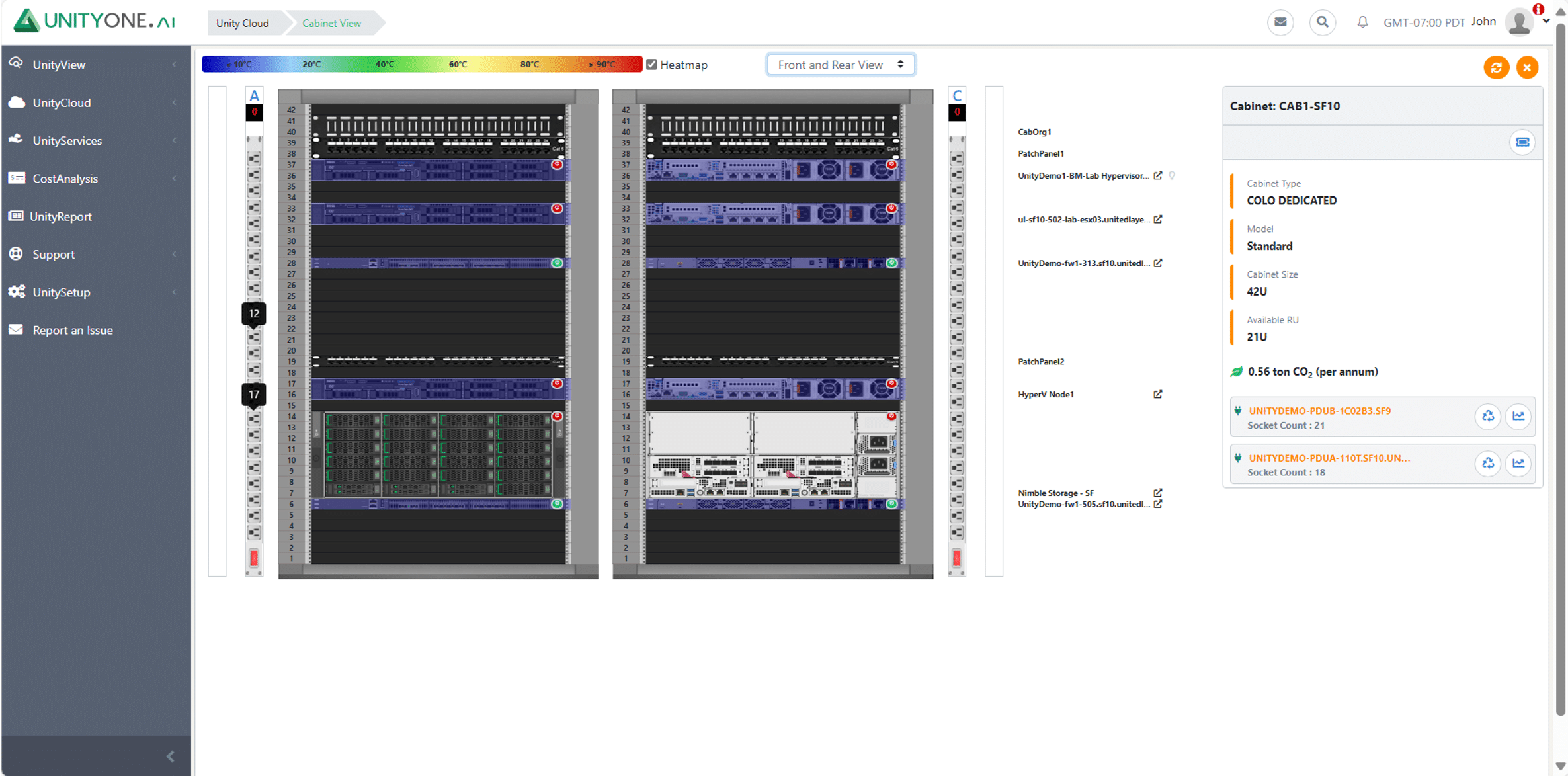
Racks/Cabinets
Seamlessly onboards racks and cabinets within a data center by automatically detecting and mapping infrastructure components across hybrid environments. Through intelligent discovery engine, consolidate both physical and virtual assets into a centralized dashboard, enabling comprehensive visibility. This streamlined approach allows organizations to manage their data center infrastructure alongside cloud environments, enhancing efficiency and reducing manual intervention.

